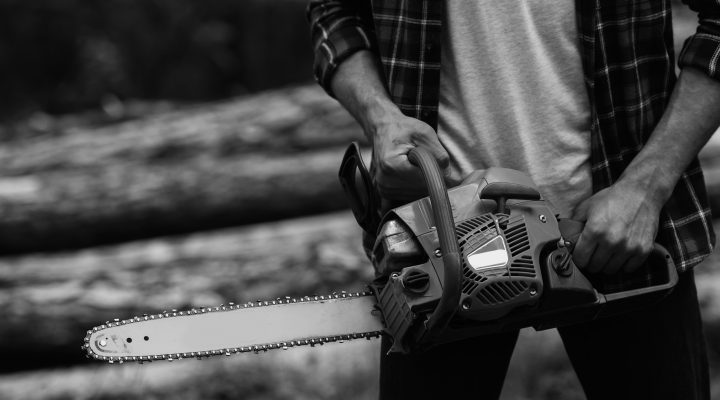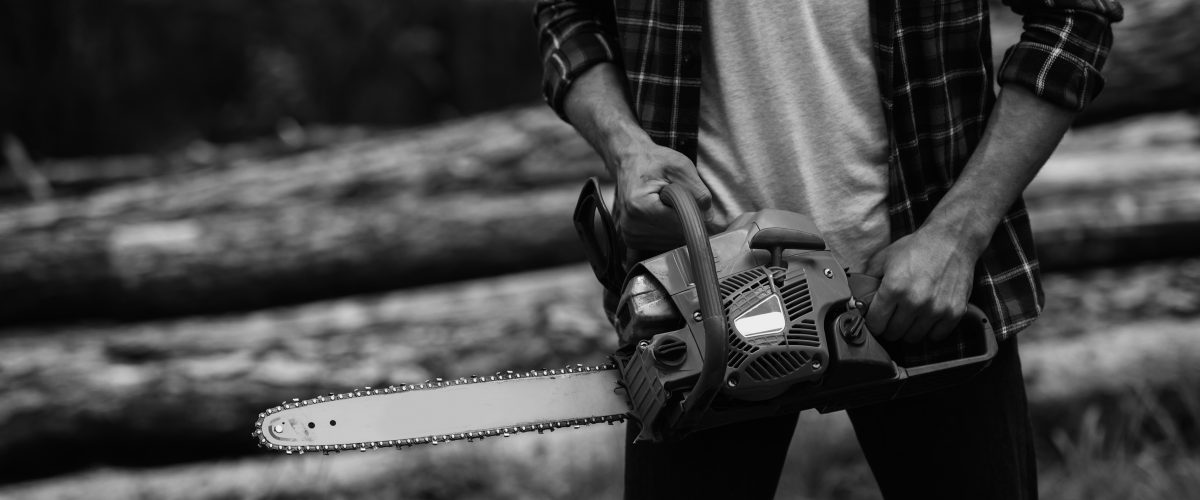“Can we go camping tonight, Brad? Pleeeeeease?”
During seminary in Kentucky in the early 1990s, I served as youth minister at a small country church in the rolling pastureland 25 miles south of Louisville, Ky., in Elk Creek. Spencer County farms came in two sizes: really big and “pack a lunch.”

Brad Bull
My youth group consisted of four boys: a seventh grader, a freshman, a sophomore and a senior. When I took them on a mission trip to Tennessee, it was the first time the sophomore had been farther from home than Louisville. The boys’ middle and high schools were in one building and had a combined 600 students. When we passed my middle and elementary schools (separate buildings) in little Jefferson City, Tenn., the seventh grader said, “You told us you were a country boy. You’re a city slicker.”
Later that summer, back in Kentucky, we were about to start a 6:30 p.m. Sunday Bible study. The seventh grader — I’ll call him Kevin — asked if we could go camping that night. His grandparents owned a farm that literally had a “back 40” where we previously had camped next to their bream-stocked pond. The other boys joined in. “Yeah, Brad. Let’s go camping!”
After a dramatic search of my mind I said, “Tell ya what. If you guys will give me 30 good minutes of Bible study, I’ll recruit another adult, and we’ll go to the camping supply closet and get ready.” In one voice they said, “YES!”
“Those boys studied Scripture for the next 30 minutes with the fervor of Carthusian monks.”
Those boys studied Scripture for the next 30 minutes with the fervor of Carthusian monks. Two hours later we had the tents pitched, with a dancing campfire illuminating our circle of faces in flickering amber.
Kevin suddenly said, “Brad! Tell us a ghost story!” I thought a few seconds and said, “I don’t know any ghost stories.”
“Yes, you do. Come on!”
“I really don’t,” I insisted. Kevin begged some more, but I successfully changed the subject.
Eventually, my second cup of hot chocolate made a motion for me to excuse myself several yards away to a tall stand of sage grass. Once away from the chatter and laughter of the boys with their s’mores, a distant noise caught my attention. I looked toward the distinct sound of a chainsaw.
About a quarter mile away on the crest of a hill at the next farm, I saw the silhouette of a man under a light mounted on a barn. He was using the cool of the night to saw logs.
I had an idea.
Not sure how long the man planned to work, I rushed back to our campfire ring and sat back down on my log — at the other end of which sat the high school senior. I started talking rapidly and a bit loudly, so the boys wouldn’t hear the chainsaw. I said:
“I bet he already told you all about the Boy Scout tragedy that happened here in Elk Creek.”
“Oh, my goodness, guys. Sorry to interrupt, but when I was over there watering the sage grass, I remembered a ghost story of sorts. Except it’s a true story. Kevin, your grandad told me this. So, come to think of it, I bet he already told you all about the Boy Scout tragedy that happened here in Elk Creek.”
They shook their heads curiously as I kept going. “Oh, yeah. It was terrible. I can’t believe you all haven’t heard it. Years ago … I think it was back in the early 1950s, there was a Boy Scout troop from Louisville that came to one of the farms near here to camp. There were about 10 boys and four adults. They were sitting around their fire just like we are. One of the younger boys got up to go to the latrine like I just did. That’s what reminded me. While he was off in the dark, he all of a sudden heard a chainsaw roaring. He heard screaming. After about two minutes it got real quiet. The young scout stayed hunkered down and hid all night. The next morning, he saw the carnage. Every single one of the scouts and all the chaperones were just … goodness … I can’t even imagine the carnage that boy saw. Those poor boys and grownups were all cut to pieces. And they say, on a quiet night around here, if you listen close, you can still hear that chainsaw.”
I stopped.
Silence.
Inside, I thought, “Come on, dude. Please still be working.”
Suddenly, from a quarter mile away, the scream of a chainsaw sliced the night sky and the protective dome of our campfire. It was that piercing screech that evokes images of Leatherface and Michael Myers, even for boys who just saw those movies’ posters.
Kevin’s eyes bulged almost out of their sockets as his face went from antique white to milk white. After three beats of stunned, wide-eyed silence from the boys around the fire, the senior beside me rolled off the log and onto his belly, slapping the ground as he laughed and bellowed, “THAT WAS AWESOME!”
But Kevin? I don’t know if his eyes have ever blinked again to this day.
The next morning, I was frying bacon and eggs over the fire as the boys started emerging into the chilling Kentucky dawn. Kevin sat on his log, holding his sleeping bag around himself. His eyes stared blankly into the fire with the thousand-yard stare of someone with shell shock.
I blithely said, “Kevin? You alright, buddy?”
Mechanically, he said, “I didn’t sleep at all. I just kept hearing that chainsaw in my head.”
Hee hee.
Now, the moral of this story is obvious: Make sure to hang a light on the side of your barn so you can do hot jobs in the cool of the night.
OK, seriously. Some might say the obvious moral to this story is the old cliché, “Be careful what you ask for.” However, I want to assert the opposite: Be bold in what you ask for. Like when I prayed asking God for patience. Now there is a horror story. Sometimes I stare in shock at the challenges required to improve. But it’s such a better story than not pursuing the adventure — and the connection around the campfire.
Brad Bull served 12 years as a youth minster before becoming a licensed family therapist and university professor. He is the author of Restacking Caps and Loving the Monkeys who Took Them — Blunders, Conflict, and Redemption in Early Journey of a Peddler of Soul Mending. His private practice for counseling, speaking, and retreat leadership runs through DrBradBull.com.
Related articles:
What is Halloween, anyway? | Analysis by Mallory Challis


